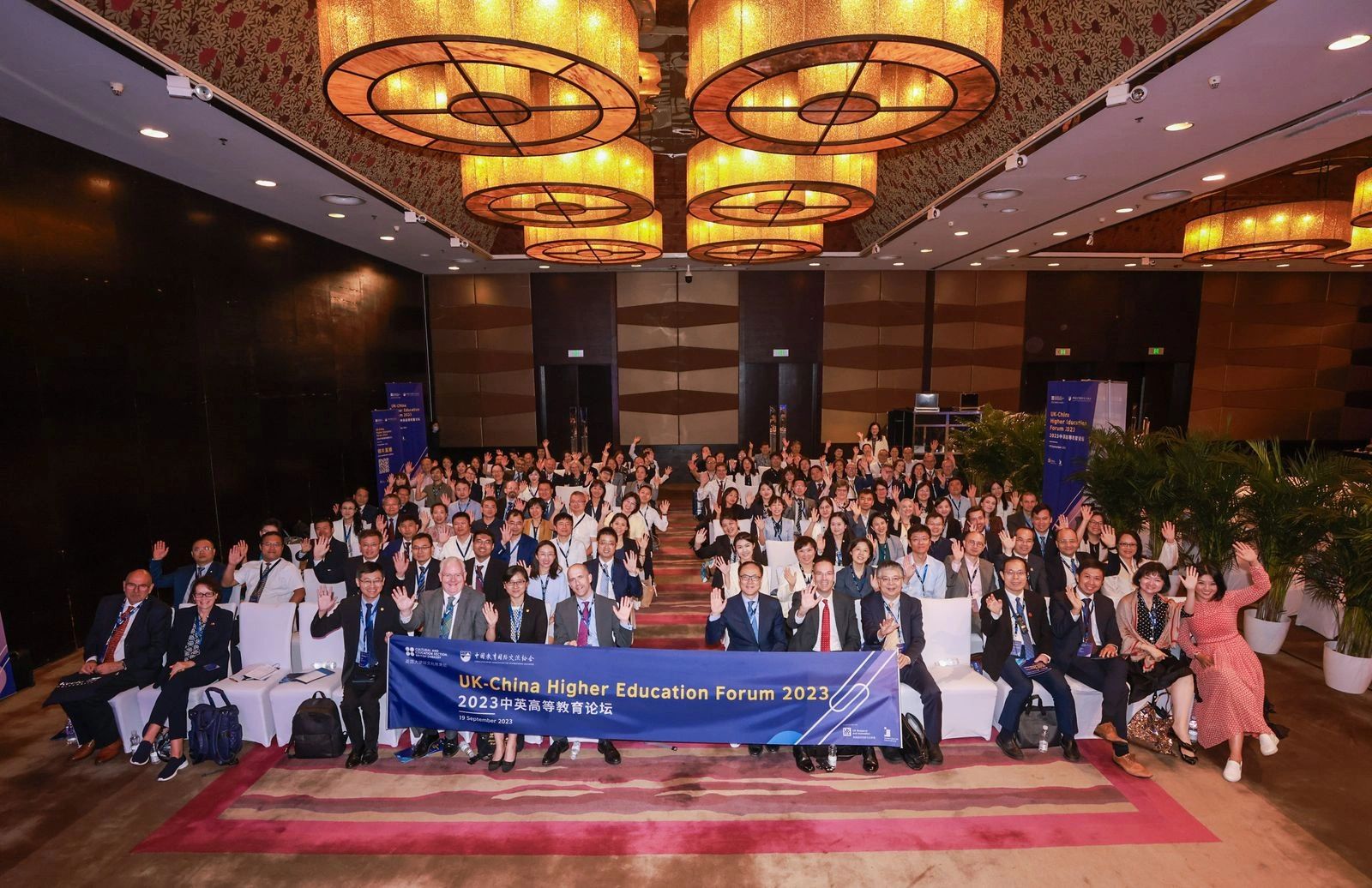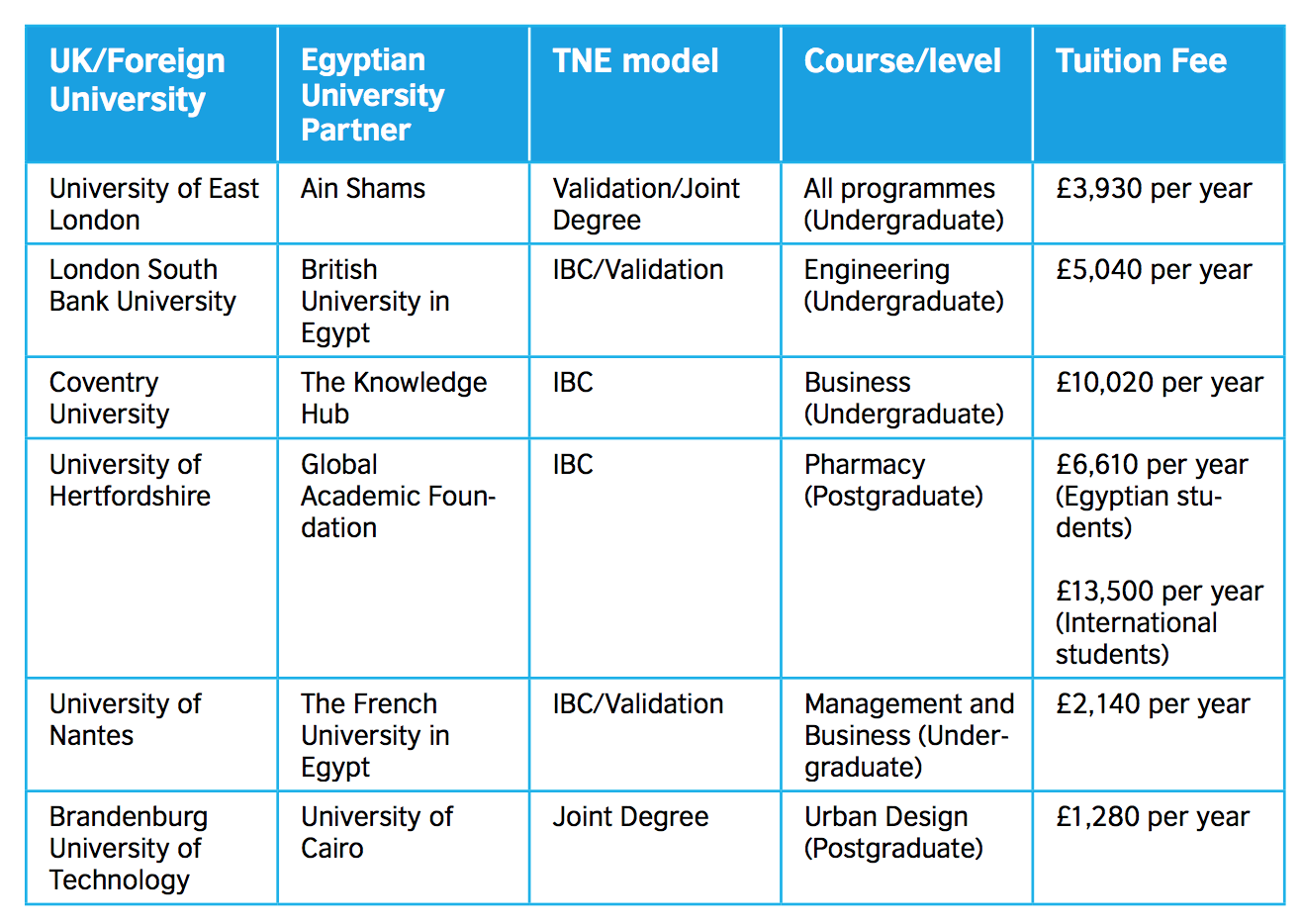Canada to catch up with competitors through new IRCC framework
A new framework for institutions is being proposed by IRCC in a bid to raise the bar on international student services.
It has been reported that through the the Trusted Institution Framework, a new two-tier system will be introduced which will see international students with places at established institutions have their study permits expedited. However, full details are yet to be outlined.
Graham Barber, assistant director of international relations, Universities Canada, told The PIE the framework has been in the works for around a year and the sector can expect to hear an outline of the framework in early 2024.
The initiative was was born out of the need to remedy the visa delays the country’s international students experienced in 2022, but Barber said that since then, other issues have arisen which need rectifying. Therefore such a framework is needed to help Canada “catch up” with its global competitors, he suggested.
“We thought this is a way that we could address this by creating a new framework in which the federal government and institutions in Canada cooperated together to raise the bar for international standards,” said Barber.
“It’s raising the bar on international student services and defining what the expectations are for institutions and really setting a standard across the country.”
At the moment, any Canadian institution that receives international students is classed as a Designated Learning Institution – a school approved by a provincial or territorial government to host international students. Inbound international students to Canada are required to have an acceptance letter from a DLI in order to apply for a Canadian study permit.
The new Trusted Institution Framework will see this system become two-tiered, where some DLIs will be awarded with the Trusted Institute classification for meeting certain criteria.
Barber sees the initiative as both guidance and a leadership vision that is being proposed to improve the entire system.
The benefits of becoming a trusted institution include “lighter touch processing” as well as more trust between the federal government and institutions. It is hoped that by removing the need for the IRCC to double check verifications already checked by university admissions departments – such as language proficiency – study permit backlogs will be reduced.
“It will free up some resources for the department to handle some more difficult and challenging applications,” said Barber.
College and Institutes Canada told The PIE that along with its member institutions, it is invested in working with IRCC to strengthen Canada’s International Student Program.
“In our view, implementing a two-way information-sharing mechanism that would lead to faster processing times, more predictable outcomes, and bolster program integrity is essential” CICan said in a statement.
Under CICan’s recommendation, the Trusted Institution Framework is currently undergoing a test phase with the department engaging directly with post-secondary institutions on the feasibility of criteria currently under consideration with a view to ensuring alignment across the sector and creating greater transparency and accountability.
A spokesperson for CBIE said it “strongly supports the development of a more strategic IRCC policy framework that is better attuned to the needs of international students as well as to the interests of Canada’s educational
“Smart and properly calibrated immigration policies can expand and improve access to affordable housing, health, education, and social services for both Canadians and international students,” they said.
The association has also urged IRCC to “take a careful and balanced approach to any new measures that it pursues in order to both maintain the integrity of Canada’s immigration policies and program and prevent any unintended consequences for Canada’s leadership position as a destination for international students”.
“Efforts to improve Canada’s immigration policy approaches to international students need to acknowledge the full range and depth of contributions that they can make to building a stronger, more resilient, innovative, and outward-looking Canada,” the spokesperson told The PIE.
It has been reported in media such as ICEF that the framework will rely on a combination of government data, such as origin countries, study permit approval rates and post-graduation student outcomes, as well as data provided by DLIs.
The DLI data includes things like on-time program completion rates, percentage of revenues derived from international tuitions, institutional spending on international student support services, availability of student housing and student-teacher ratio.
Some stakeholders have expressed scepticism on the initiative, particularly surrounding such methodology.
“First, I have some doubts that it will survive a legal challenge” wrote Alex Usher, founder and CEO of Higher Education Strategy Associates in a blogpost.
“This scheme is effectively trying to create two classes of DLIs: ‘good’ and ‘bad’,” wrote Usher.
“It’s genuinely unclear to me that the government of Canada can do this: DLI status is a gift of the provinces, and I am not sure under what authority the feds think they have the power to discriminate between them without provincial agreement.”
Usher also took issue with some of the indicators set to be used to determine an institution’s eligibility to be classed as trusted.
Barber told The PIE that IRCC are still working to determine the metrics used to classify an institute as a trusted institute and that the metrics will be goals that every institution can work towards.
It’s a pretty complicated thing to set a bar for all institutions of varying sizes and regions
“It’s a pretty complicated thing to set a bar for all institutions of varying sizes and regions and so part of this effort is just setting metrics that work for for everyone and are very feasible.”
“We really appreciate the government’s effort to be really data driven and understand that there’s a need to be really data driven. We also know that doesn’t tell the full story,” said Barber.
Barber said that the framework is not necessarily about pointing out the good and bad actors in the sector but instead about showing what it looks like to be a “responsible actor” in the international education space and inviting all institutions to reach this goal.
The post Canada to catch up with competitors through new IRCC framework appeared first on The PIE News.




